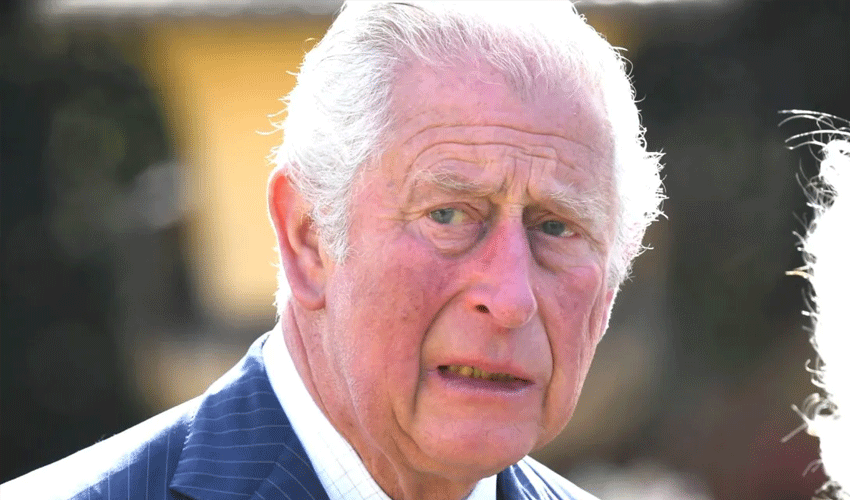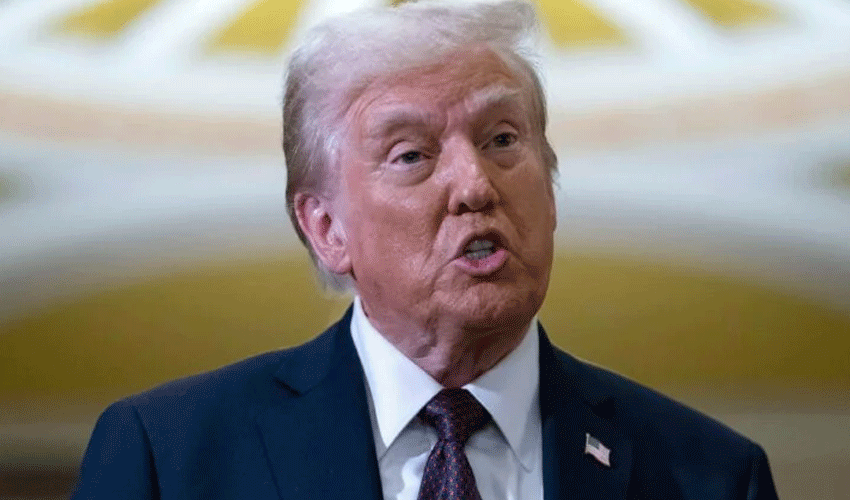As African leaders convene in Beijing for the triennial China-Africa summit, Chinese President Xi Jinping can highlight a significant achievement: the near completion of China’s ambitious satellite TV project across Africa.
As per the BBC report, the project was launched nearly nine years ago during the Forum on China-Africa Cooperation (FOCAC) in Johannesburg, President Xi pledged to provide digital TV access to over 10,000 remote villages in 23 African countries. With over 9,600 villages now equipped with satellite infrastructure, the project is nearing its goal.
The initiative, entrusted to StarTimes—a private Chinese company operating extensively in Africa—was funded by China’s aid budget. It was designed not only as a goodwill gesture but also as an opportunity for China to enhance its soft power in a strategically important region.
In villages like Olasiti, west of Nairobi, Kenya, the impact of this project has been tangible. Nicholas Nguku, a resident of Olasiti, expressed his joy at being able to watch the Paris Olympics on television, something that was previously impossible in his community. "I’m very happy to see the Olympics, which for many years we had not been able to see before we got StarTimes," Nguku said.
StarTimes, which first entered the African market in 2008, is now one of the largest private digital TV providers in sub-Saharan Africa, with over 16 million subscribers. Its affordable pricing has played a key role in securing its foothold, with monthly packages in Kenya ranging from 329 shillings ($2.50) to 1,799 shillings ($14), significantly lower than its competitors.
The "10,000 Villages Project," funded by China's state-run South-South Assistance Fund, provided villages with satellite dishes featuring the StarTimes logo, Kenya’s Ministry of Information emblem, and the red "China Aid" logo. Villagers received free infrastructure, including satellite dishes and batteries, as well as free access to StarTimes content, which many described as a “game-changer.”
In community centers like hospitals and schools in Ainomoi village, subscriptions remain free, allowing patients to watch digital TV in waiting rooms and students to enjoy cartoons after school. Ruth Chelang’at, an eighth-grade student, shared how watching cartoons after school has become a bonding experience for her and her classmates.
However, not all experiences have been positive. Several Kenyan households reported that the free trial lasted only a few months, after which they were required to pay for subscriptions. For many, even the relatively low cost of continued service became a financial burden, leading to waning enthusiasm for the project. "We were all very happy when we first got the satellite dish, but it was only free for a few months, and after that we had to pay," said Rose Chepkemoi from Chemori village. "It was too much, so we stopped using it."
While China’s satellite TV initiative has brought significant benefits to many remote villages, the financial strain of ongoing subscriptions has tempered the initial excitement, posing challenges to China’s efforts to build long-lasting goodwill in the region.
Without a subscription, only certain free-to-air channels, such as the Kenyan Broadcasting Cooperation, are available, according to those who no longer subscribe to StarTimes packages.
As per the BBC report that their team visited four different villages that received StarTimes dishes from 2018 to 2020, many villagers reported stopping their use of StarTimes after the free trial ended. The chief of Ainamoi village said that many of the original 25 households who received the satellite dishes in his village opted not to subscribe.


























